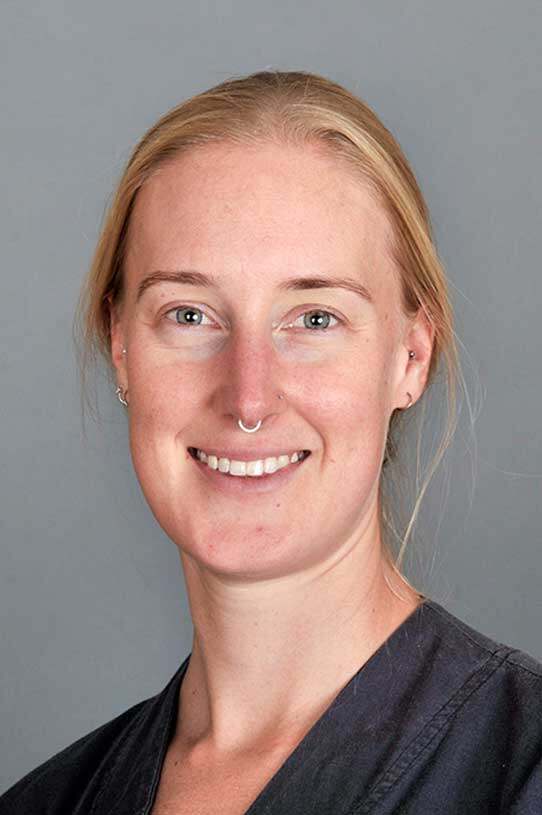Healthcare professionals are concerned about the management of endometrial cancer as the rate of cases rise in Aotearoa New Zealand, new University of Otago, Wellington research shows.


Endometrial cancer grows in the lining of the uterus (womb). Signs of endometrial cancer are heavy or abnormal menstrual bleeding, including post-menopausal bleeding, and hysterectomy is the standard treatment.
Co-author Dr Claire Henry, of the Department of Surgery and Anaesthesia, says cases of endometrial cancer have increased exponentially over the past ten years in Aotearoa, reflecting a global trend.
“Historically, endometiral cancer occurred post-menopause but the age landscape is changing. The incidence is now increasing before people reach menopause. There are many and complex reasons for this increase.”
Researchers interviewed 15 healthcare professionals from three Te Whatu Ora regions with experience in caring for individuals with endometrial cancer.
The study, published in Australian and New Zealand Journal of Obstetrics and Gynaecology, highlights two main themes – concerns for the future and the impact on fertility and treatment options.
Concern focused on lack of awareness about the disease, increasing incidence, as well as workforce shortfalls. All participants said they are seeing an increasing number of people presenting each year with endometrial cancer who have high weight.
One participant shared: “There is a huge amount of alarm among the oncology community about the rates, they are just rocketing up. Other cancer rates are staying the same or going down. But this is the outlier, and really linked to obesity.”
The impact of the disease on fertility was also highlighted: “It’s terrible, as this is affecting younger and younger women… some are needing to have hysterectomy before they’ve had their children.”
As well as reporting on the increase incidence of the disease in younger individuals in successive generations, there was also concern regarding health equity, with another participant stating: “We are seeing more younger women than we were… in the under 45s, 47-48 per cent of them are Pacific.”
Dr Henry says “we need more awareness and advocacy in this space”.
Researchers believe there are inequities in access and outcomes which can occur over the care continuum.
Building on the findings from this and other studies, Dr Henry says it is critical to develop equity focused initiatives to improve outcomes for individuals with, or at risk of endometrial cancer.
“A call to action to address the rising incidence of endometrial cancer is over due.”
Publication details
Increasing incidence of endometrial cancer in Aotearoa New Zealand: Health professionals’ perspective
Linda Williams (University of Otago, Wellington), Claire Henry (University of Otago, Wellington), Bryony Simcock ( Te Whatu Ora: Waitaha Christchurch – Health New Zealand), and Sara Filoche (University of Otago, Wellington).
Australian and New Zealand Journal of Obstetrics and Gynaecology
DOI: 10.1111/ajo.13751








































